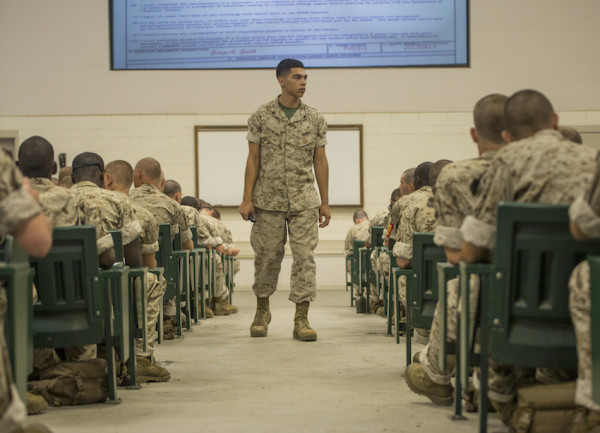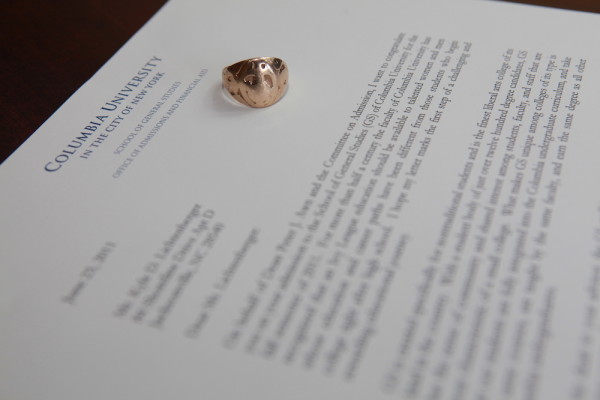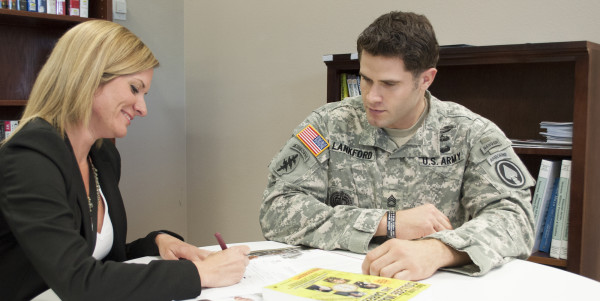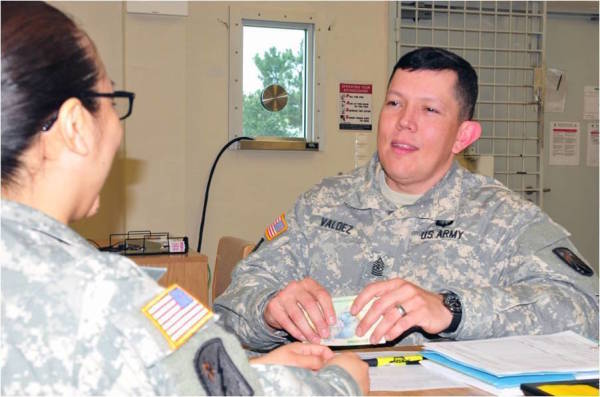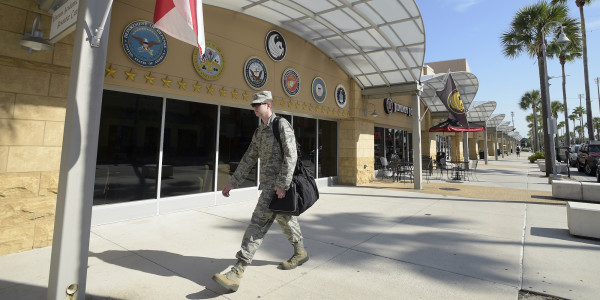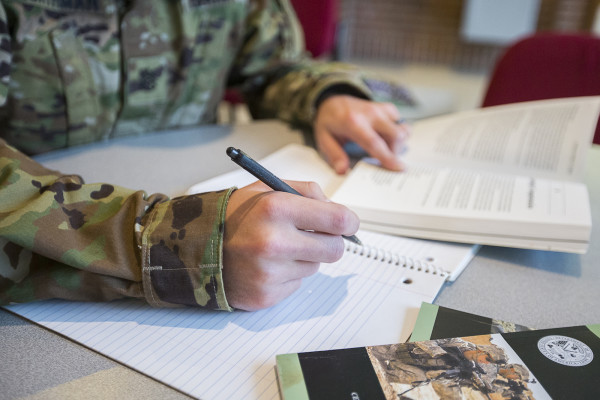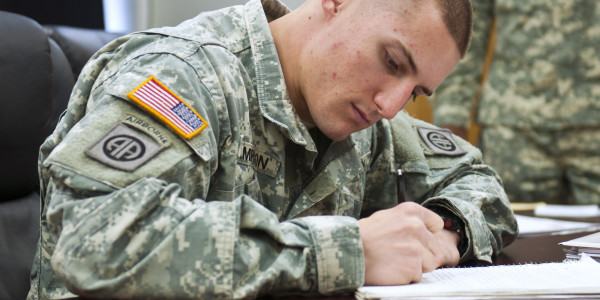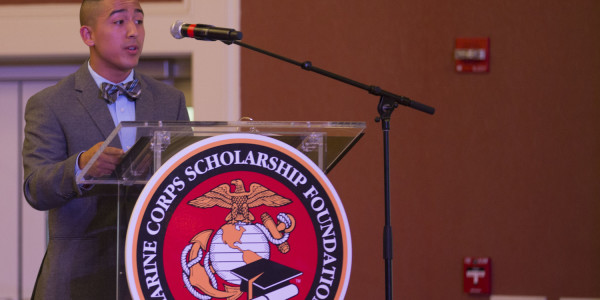After transition, veterans who want to become students have the option of using the Department of Veterans Affairs education benefits. For some, however, it can be hard to navigate the education system and find post-service success.
In order to gain a better a understanding of how veterans make the switch from the military to colleges and universities, Task & Purpose spoke with three student veteran ambassadors with the Service 2 School, an organization that helps transitioning service members find success in education.
“As vets, most of us have been in situations significantly more stressful than understanding a lecture, or passing exams,” said Reagan Odhner, who served in the Marine Corps.
Related: How to choose the right college as a student vet »
Now a student at Stanford, Odhner described how military service can both help and hinder veterans in a university environment, adding, “I think that sometimes leaves us believing we shouldn’t need to ask for help in dealing with the stress of academic life, because we have handled worse.”
She said that knowing when to ask for help, whether from professors or fellow students, can make a huge difference in how successful student veterans are.
For former special amphibious reconnaissance corpsman Anthony Bunkley, now a Columbia student, university life was a major adjustment.
“It’s actually been really hard for me. I came from a pretty substantial background in the military after eight and a half years as a special operations medic,” he said.
For Bunkley, it was necessary to take a step back and realize that undergraduate education is an entirely different ballgame.
When he started, he said “I thought I was at that level at which I didn’t need kind of knock myself down — that’s how I looked at college, 10 steps back just so I can make two steps forward.”
His advice to any veteran seeking higher education was to adapt to a different mindset, and that Veterans should think of post-service education as a new chapter.
Academics aside, Jared Smith, a Yale student who served with the 75th Ranger Battalion, said that full integration is key.
Accepting undergraduate social life can be just as important to integration as altering your mindset to an academic environment.
“Join clubs, form study groups, make friends with your fellow undergrads, because that’s how you get the most out of your experience,” he said. “You learn good study skills, and you learn what classes to take — you just learn so much from your fellow students.”
